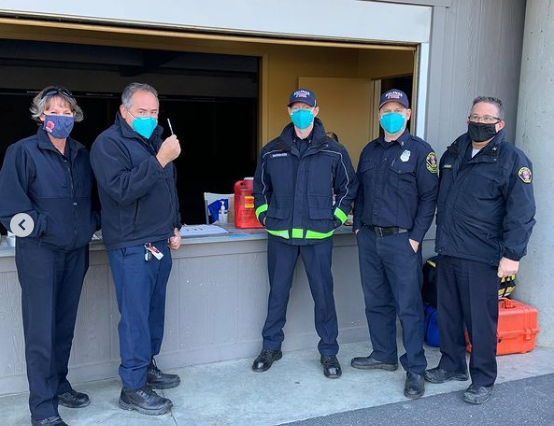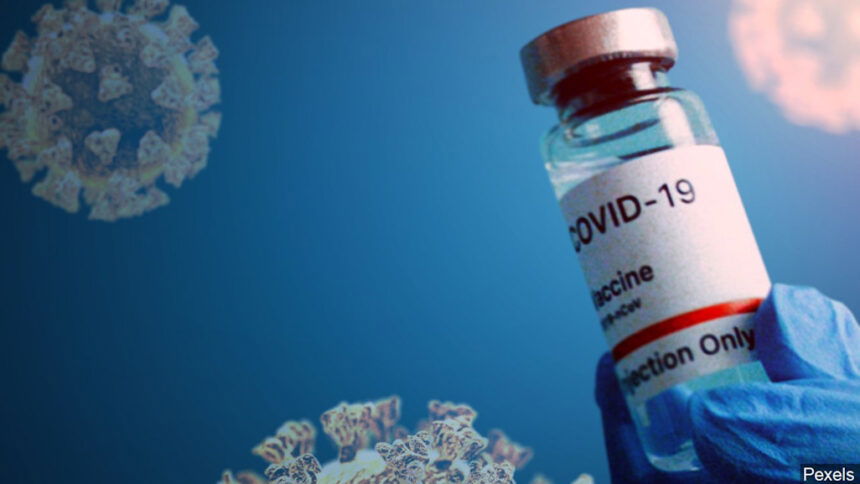

“The challenge for each and every health authority is to figure out, well, what should we track?” says Michael Bang Petersen, a political scientist at Aarhus University.ĭenmark’s recent moves are a case in point. For example, how meaningful are case counts as mild and asymptomatic infections increase and unreported at-home tests become ubiquitous? How much do incidental findings of COVID-19 in patients hospitalized for other conditions pollute the official numbers?

Still, many scientists acknowledge the challenges of steering public restrictions during the reign of the more infectious but generally less severe Omicron variant, when some of the metrics that previously guided policy have become less informative. “Endemic delusion is probably what captures it the best,” says Kristian Andersen, an infectious disease researcher at Scripps Research who has been especially critical of recent moves by his home country of Denmark, which include an announcement that as of this month COVID-19 would no longer be categorized as a “socially critical disease” even though related death and hospitalization rates were still climbing there. That suggestion troubles many scientists, who warn it is eroding governments’ commitment to tracking and responding to the pandemic-which could leave countries flying blind and unprepared for any new variant. Some of those moves came with assertions that it’s time to “live with the disease” and treat the coronavirus as endemic-a stable, enduring figure in the panoply of human pathogens, alongside cold viruses and influenza. In the United States, despite persistently high numbers of COVID-19–related deaths and busy hospitals, 10 governors, many known for being cautious in their pandemic response, last week announced immediate or impending ends to their states’ indoor or school mask mandates. Sweden, Denmark, and Norway have abolished nearly all COVID-19–related restrictions in recent weeks, and the United Kingdom announced it would do the same this month, dropping even the legal requirement that people quarantine after testing positive for SARS-CoV-2. As surges of COVID-19 cases driven by the highly infectious Omicron variant recede, parts of the United States, Canada, and Europe are moving swiftly to lift constraints on a pandemic-fatigued public.


 0 kommentar(er)
0 kommentar(er)
